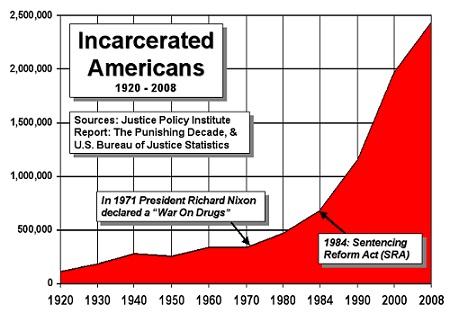HAPPY 420!!
Some fine medical cannabis nuggs.

A criminal justice reform bill that Gov. Mitch Daniels hoped would save more than $1 billion by reducing the number of people held in prison is headed to the Senate floor.
But the bill, approved 8-2 by a Senate committee Monday, has changed so much because of pressure from prosecutors that it's no longer clear whether it will save any money in the long term. [Indianapolis Star]
Obama's federal drug control budget maintains a Bush-era disparity devoting nearly twice as many resources to punishment as it does for treatment and prevention, despite his saying less than three weeks ago that, “We have to think more about drugs as a public health problem," which requires "shifting resources." [LEAP]

Deputy House Republican Leader Themis Klarides of Derby doesn’t like the idea either. She argues that very few people are actually sent to prison in Connecticut for having less than an ounce of pot. “There are 10 different programs they can enter right now to help them stay out of jail,” she says. [Hartford Advocate]
"[M]arijuana has no scientifically proven medical value." So stated the United States Drug Enforcement Administration (DEA) on page six of a July 2010 agency white paper, titled "DEA Position on Marijuana."
Yet only four months after the agency committed its "no medical pot" stance to print, it announced its intent to allow for the regulation and marketing of pharmaceutical products containing plant-derived THC -- the primary psychoactive ingredient in cannabis. (Alternet)

Private attorney Robert Amparan said at a news conference Wednesday at Public Defender Jeff Adachi’s office that a judge had just thrown out his client’s felony marijuana possession for sale case because video evidence contradicted the officers’ testimony in court and statements on the police report.Amparan said 23-year-old McLaren Wenzell did not consent to letting the officers inside his apartment at 33rd Avenue and Geary Boulevard on March 1. He said the officers did not immediately identify themselves as police and did not have a constitutional basis to search the apartment.